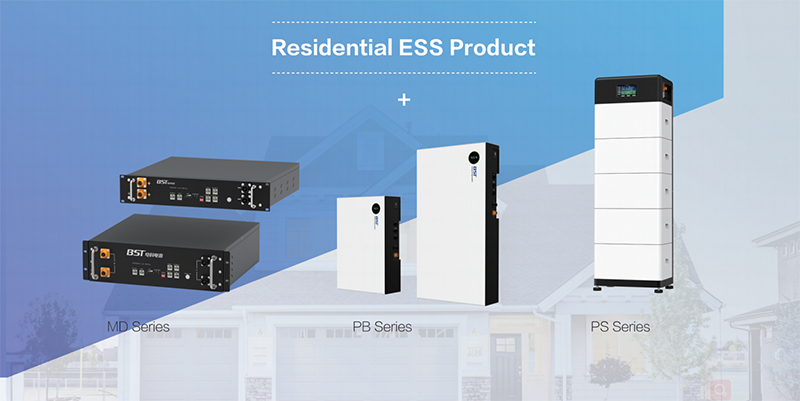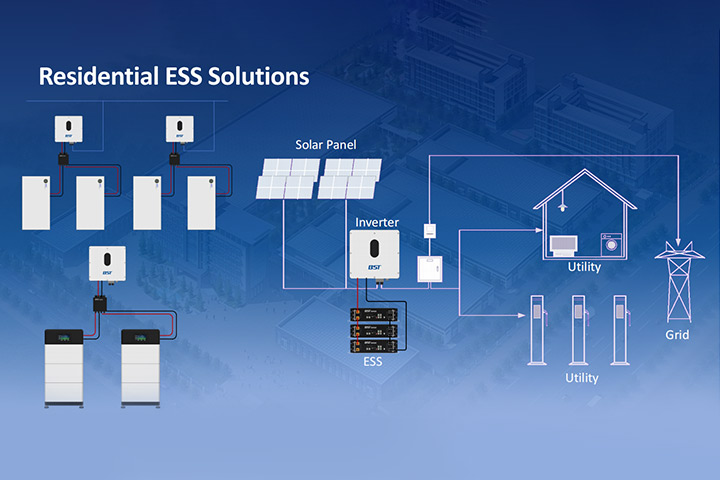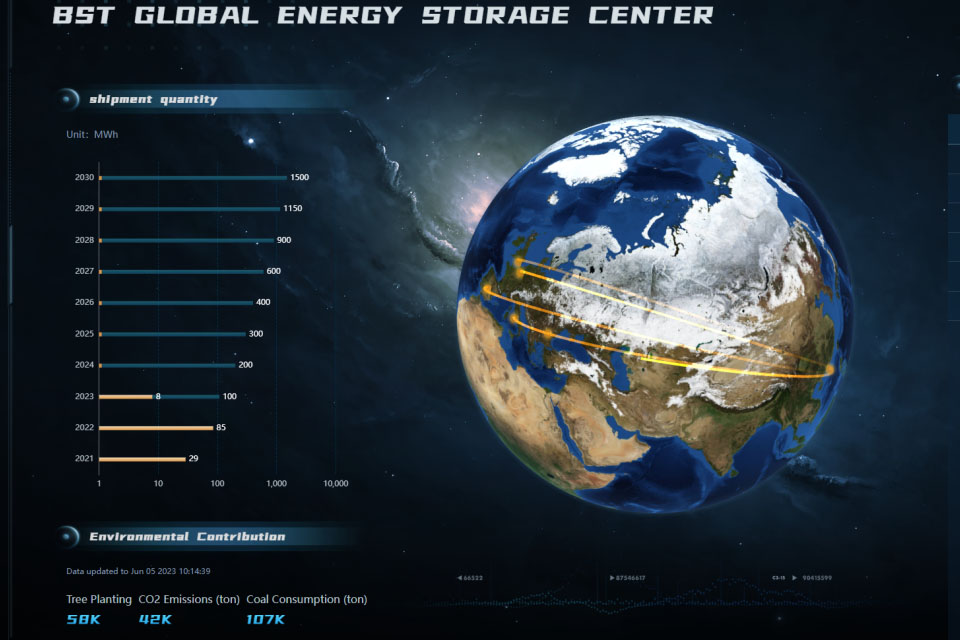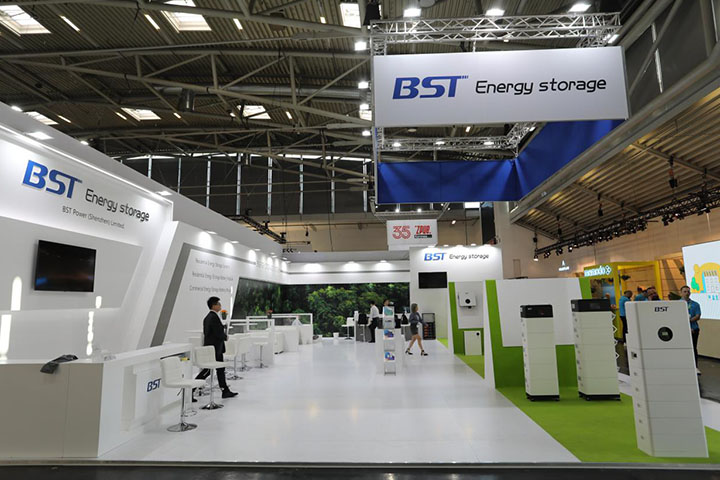As the energy storage market expands, consumers face increasingly complex choices when selecting a battery that best suits their needs. Whether you’re a homeowner looking to stabilize your energy costs, a business aiming to reduce reliance on the grid, or an industrial player with large-scale energy requirements, the right battery can significantly impact your financial and operational efficiency. This guide offers a detailed analysis of nine crucial factors to consider before purchasing, backed by current market trends and data.
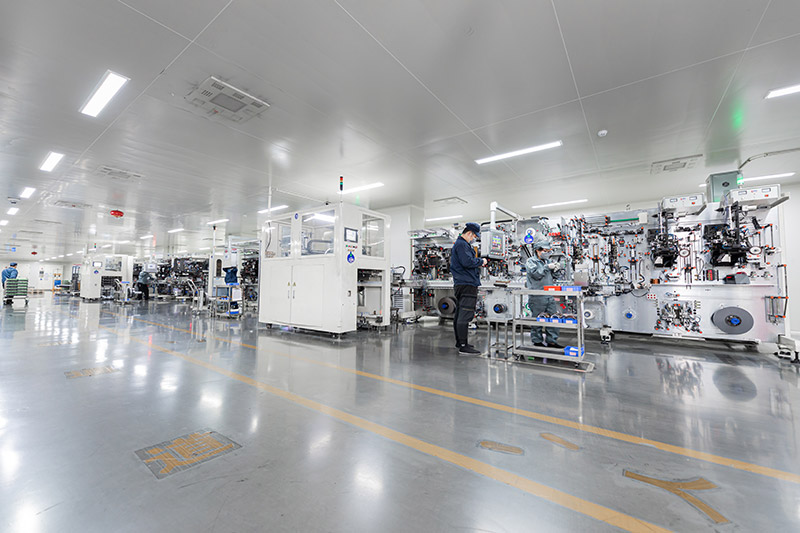
Do You Need an Energy Storage Battery Brand?
From the client’s perspective, the brand of the energy storage battery can play a critical role in decision-making. Brand reputation often correlates with product reliability, warranty support, and customer service quality. According to market data, over 60% of consumers prefer established brands due to their perceived reliability and after-sales support. However, lesser-known brands might offer competitive pricing or innovative technologies, which could be appealing to clients with budget constraints or specific technical requirements. Clients should weigh the potential long-term benefits of choosing a reputable brand against the immediate cost savings of opting for a newer market entrant.
Application Scenarios of the Battery
Understanding the specific application scenario is essential for clients to maximize the utility of their energy storage investment. For example, residential clients might prioritize compact, safe, and aesthetically pleasing batteries that integrate seamlessly into their home environment. In contrast, industrial clients may focus on high-capacity, durable systems capable of withstanding harsh conditions. Market research shows that nearly 70% of battery failures are due to improper matching of the battery to its intended application. Clients should carefully evaluate their energy needs, usage patterns, and environmental factors to select a battery that will perform optimally in their specific scenario.
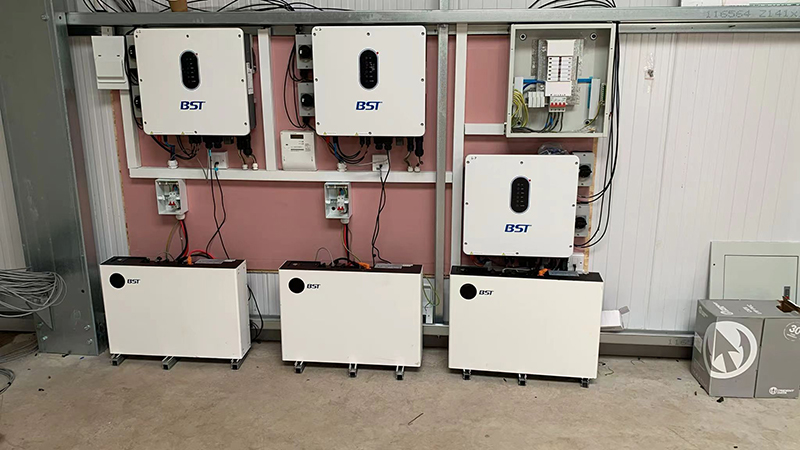
Do You Need OEM Customization?
OEM customization can be a valuable option for clients with unique requirements. Customization allows clients to tailor the battery’s capacity, form factor, or integration features to their specific needs. For businesses, this could mean customizing a battery to fit within existing energy infrastructure or to meet particular regulatory standards. However, clients should be aware that customization typically incurs additional costs and may extend delivery times. According to industry reports, customized batteries can cost up to 20% more than standard models, but they offer the advantage of a perfect fit for specific applications, which can lead to greater efficiency and cost savings over time.
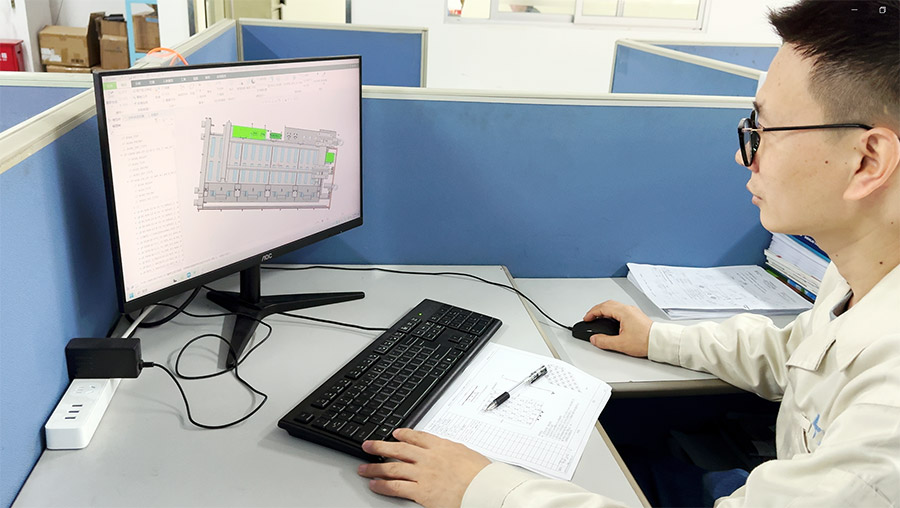
What is Your Target Price for Purchasing an Energy Storage Battery?
Price is a decisive factor for most clients, but it’s important to consider it in the context of value rather than just the initial outlay. Energy storage batteries vary widely in price based on their technology (e.g., lithium-ion vs. lead-acid), capacity, and brand. Clients should determine their budget early on but remain flexible to ensure they do not sacrifice essential features for a lower cost. Data shows that investing in higher-quality batteries with a longer lifespan and better efficiency often results in lower total cost of ownership. Clients should also consider the potential return on investment (ROI) from energy savings, which can help justify a higher upfront cost.
Determine Whether the Battery Can Match Your Existing Inverter
Compatibility between the battery and the existing inverter is critical for clients looking to avoid operational inefficiencies or system failures. Clients should ensure that the battery’s voltage, current ratings, and communication protocols are compatible with their inverter. In some cases, clients might also need to update or replace their inverter to accommodate a new battery. Market data suggests that mismatched components can lead to a 10-15% reduction in system efficiency, underscoring the importance of compatibility checks. For clients, investing in professional consultation before purchase can prevent costly mistakes and ensure seamless integration.
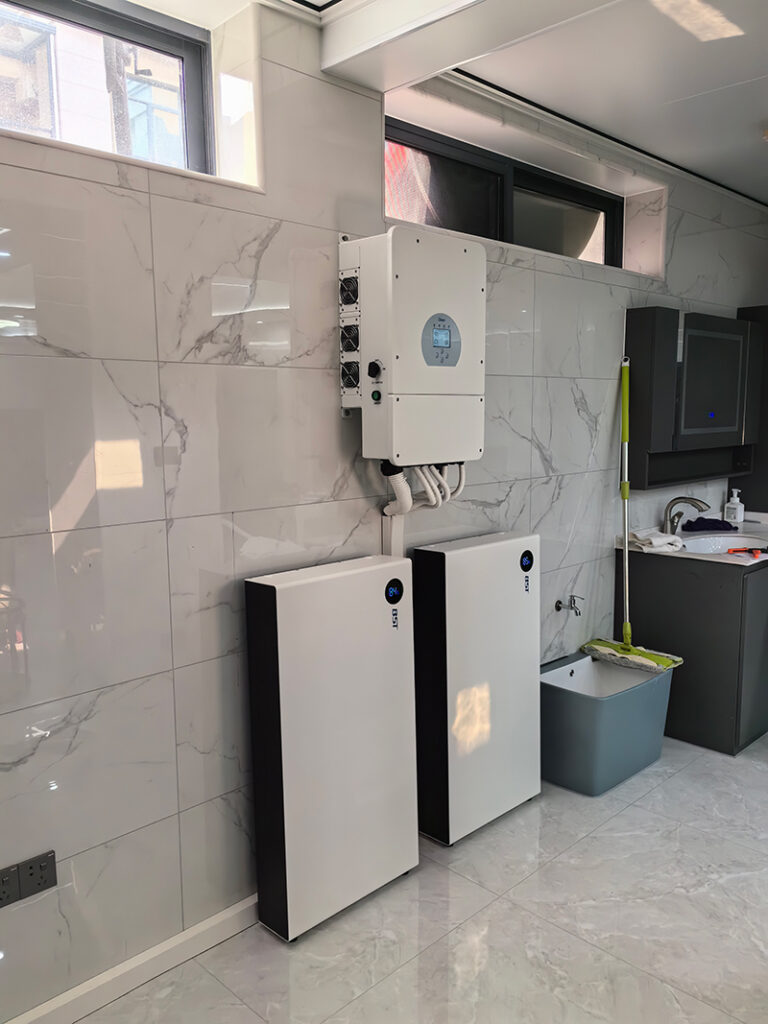
Whether There is a Requirement for the Supplier’s Strength and Production Capacity
Clients should consider the supplier’s production capacity and market strength, especially for large or ongoing purchases. A supplier with robust production capabilities is more likely to meet delivery timelines and provide consistent product quality. This is particularly important for commercial or industrial clients who may need large volumes of batteries or require reliable after-sales support. Data from the industry shows that clients who choose suppliers with strong production capacity report higher satisfaction rates due to fewer delays and product issues. Moreover, a supplier with a strong market presence is more likely to offer comprehensive support services, including training, maintenance, and warranty handling.
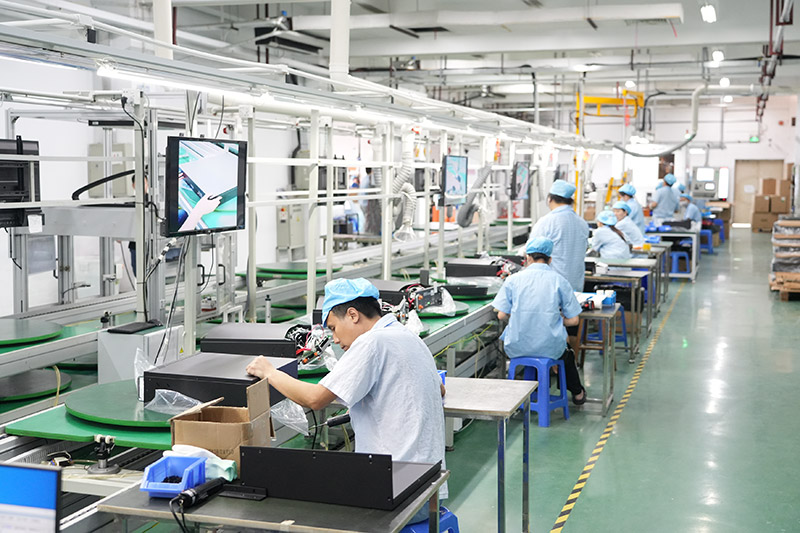
Do You Need to Know How to Import Energy Storage Products from China?
For clients considering importing energy storage batteries, particularly from China, understanding the logistics and regulatory landscape is crucial. China is a leading producer of energy storage batteries, offering competitive pricing and a wide range of products. However, the import process involves navigating customs regulations, shipping logistics, and compliance with local standards. Clients should ensure they have a clear understanding of the import process or work with a reliable import partner to avoid potential pitfalls such as delays, additional costs, or non-compliant products. Importing from China can offer significant cost advantages—often up to 30% savings—but requires careful planning and due diligence.
Is the Certification of Imported Energy Storage Batteries Up to Standard?
Certification ensures that the energy storage batteries meet safety, performance, and environmental standards. For clients, this is non-negotiable, as non-certified batteries can lead to safety hazards, legal issues, and operational inefficiencies. Clients should verify that the batteries they intend to purchase comply with relevant local certifications and standards, such as UL in the United States, CE in Europe, or CCC in China. According to market research, certified batteries have a 25% lower failure rate compared to non-certified alternatives, making certification a critical factor in the decision-making process. Clients should also consider the reputation of the certification body and whether the certification is recognized in their region.
Evaluate the Development Trend of Energy Storage in the Next 1-2 Years
Clients need to stay informed about the latest trends and developments in the energy storage market. The industry is rapidly evolving, with advancements in battery technology, changes in energy policies, and shifting market dynamics. For instance, the rise of solid-state batteries, increased focus on sustainability, and government incentives for renewable energy adoption are all factors that could influence a client’s purchasing decision. Market forecasts predict a compound annual growth rate (CAGR) of over 20% for the energy storage market over the next few years, indicating significant opportunities but also potential risks for early adopters. Clients should consider future-proofing their investment by choosing technologies and suppliers that are likely to remain relevant as the market evolves.
Conclusion
Purchasing an energy storage battery is a significant investment that requires careful consideration of multiple factors. From brand reputation and application scenarios to price and certification, each element plays a crucial role in ensuring that the chosen battery meets the client’s needs and offers long-term value. By conducting thorough market and product analysis, clients can make informed decisions that align with their energy goals, budget, and future requirements. As the energy storage market continues to grow and evolve, staying informed and strategic in your purchasing decisions will ensure that you not only meet current energy needs but also capitalize on future opportunities.
Brief Introduction to BST
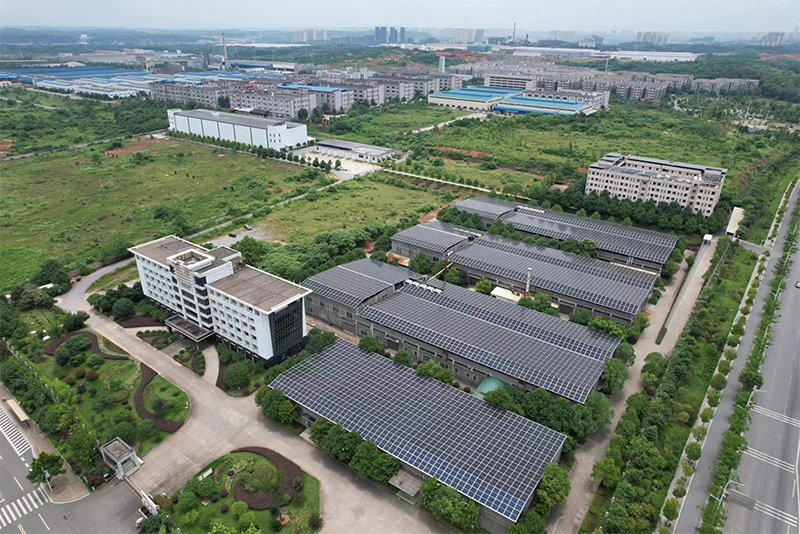
BST is a leading company in the energy storage industry, specializing in providing high-quality, innovative battery solutions tailored to meet the diverse needs of clients across residential, commercial, and industrial sectors. With a strong focus on research and development, BST offers cutting-edge products that are designed for maximum efficiency, safety, and longevity. Our commitment to excellence extends beyond product development to encompass comprehensive customer support, ensuring that every client receives the guidance and service necessary to achieve optimal energy storage outcomes. As the energy storage market continues to evolve, BST remains at the forefront, delivering solutions that not only meet today’s energy challenges but also anticipate tomorrow’s opportunities.
